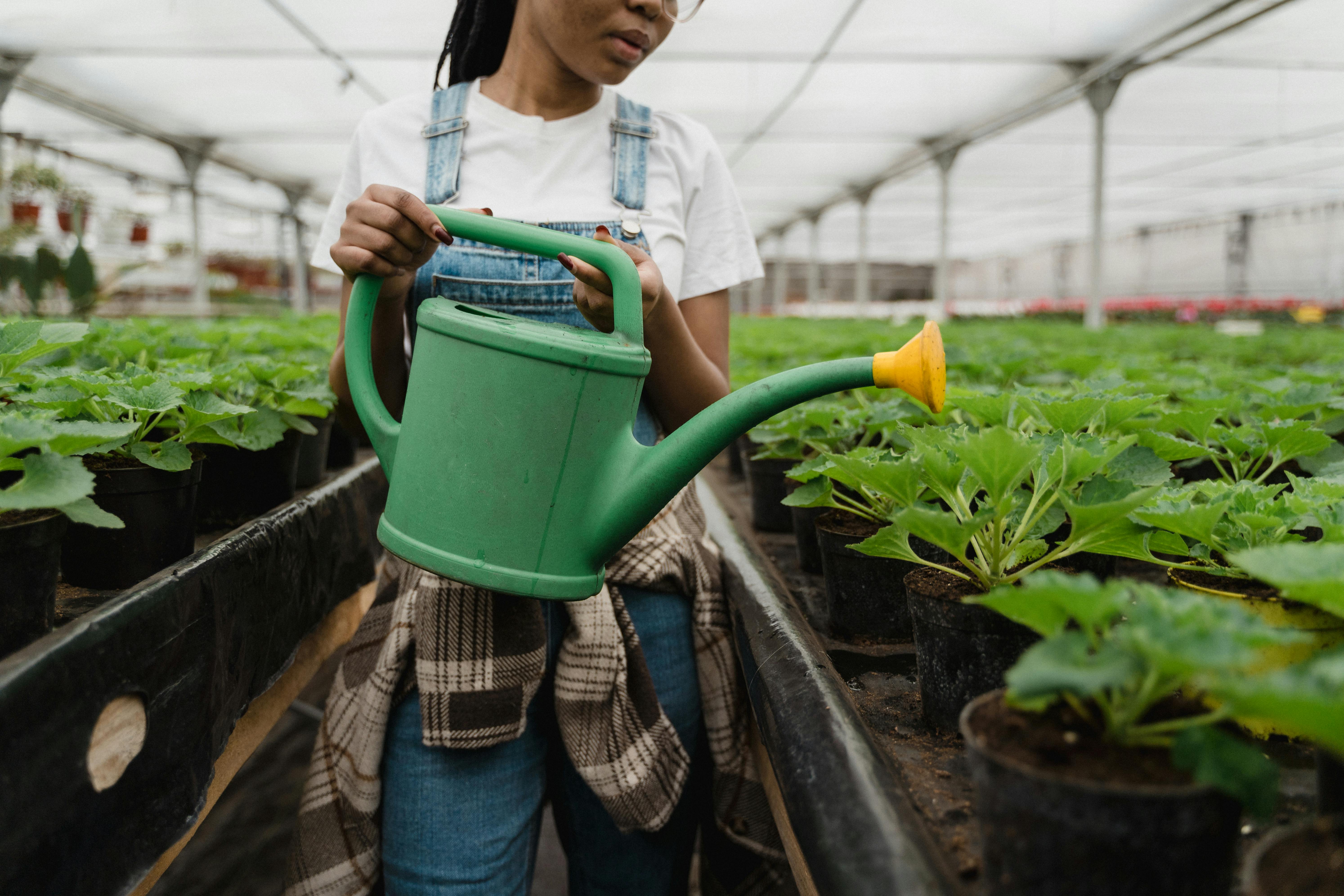A Sociological Examination of the Rising Popularity of Urban Farming
Introduction: Urban farming has become a popular trend, transforming concrete jungles into green oases of sustainable living. But what are the social implications of this shift towards local food production? Is this merely a passing trend or a profound societal transformation? Read below to delve into the world of urban farming and how it's shaping our society.

The Roots of Urban Farming
Urban farming, or urban agriculture, isn’t a new concept. Throughout history, people have grown food in urban areas during times of crisis, such as war or economic depression. However, in the 21st century, urban farming has evolved into a conscious choice for many city dwellers, driven by factors like environmental concerns, health consciousness, and a desire for self-sufficiency.
The Social Significance of Urban Farming
Urban farming has a direct impact on local communities and society as a whole. It promotes food security, reduces the environmental impact of food transportation, and creates opportunities for community building. Research has shown that urban farming initiatives often result in stronger social connections among participants, contributing to an increased sense of community.
The Rise of the Urban Farmer
The popularity of urban farming is growing. From rooftop gardens to community allotments, urbanites are embracing the opportunity to grow their own food. This trend is particularly prominent among millennials and Gen Z, reflecting a broader societal shift towards sustainability and localism. Research suggests that this trend is likely to continue, further embedding urban farming into our societal fabric.
The Challenges and Potential of Urban Farming
Despite its many benefits, urban farming faces challenges. Limited space, high costs, and regulatory hurdles can make urban farming challenging. However, innovative solutions are emerging, from vertical farming to aquaponics, demonstrating the potential of urban farming to overcome these obstacles and become a significant part of our urban landscape.
Urban Farming and the Future of Society
As urban farming continues to grow in popularity, its impact on society will potentially increase. This movement represents a shift towards more sustainable, community-oriented lifestyles, challenging the dominance of industrial agriculture and offering a vision of a greener, more socially connected urban future.
In conclusion, urban farming is more than just a trend—it’s a reflection of societal change, a response to the challenges of modern urban living, and a glimpse into a potential future where cities are not merely consumers but producers of food. Through a sociological lens, urban farming offers fascinating insights into the evolving dynamics of human society.




